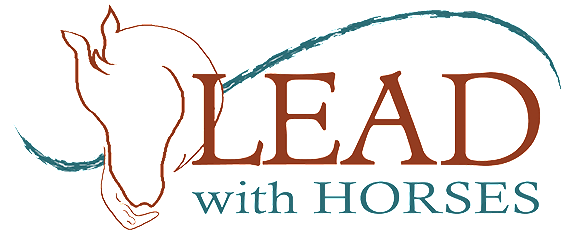Grief Takes Many Forms
This week we will address grief and loss not due to a death,. We can enhance our own emotional surroundings by being open and even curious about how to abide with losses that we know of, and losses we might not even be aware of, because we ignored them. We will take a glimpse at grief, including the seemingly inconsequential losses that build up. and the consequences of not mourning. We will look at how our own Healing Herd stands present with those who are carrying powerful feelings of loss by simply holding a sacred, non-judgmental space in which a child can grieve well.
How Children and Teenagers Grieve
We all grieve. It is one of the truths about being human. The sad reality among so many of us is that we often don’t even consider grieving a loss if it wasn’t due to a death in the family or community. Until recently, even the death of a pet or another animal was not considered to be a loss that we ought to mourn and grieve. Many of us were warned by our parents,“don’t get too attached” so as not to hurt so deeply from the loss of something. As parents, we often trivialize our children’s losses as not significant enough to bother with grief or mourning. When kids act out their feelings over losing something important to them, such as parents getting divorced, a friend moving away, or loss of a prized possession, we assume that their behavior is due to “a stage”, “not getting their way”, or just plain old “disrespect”.
My grandson has been unusually aggressive, needy, and clingy over the past year and even got suspended recently from kindergarten for fighting another child. As our family looked back to what was going on roughly a year ago it dawned on all of us that this was about the time of his parents’ divorce and his father’s move to another state. He is learning to tend to his grief as best as a 5-year-old can and we have all reminded ourselves and one another to be open to hearing what he has to say about it.
Whether psychological, symbolic, or abstract in nature, a loss of identity, autonomy, trust in the world, dreams or hopes for the future, and a loss of personal meaning are intangible losses. The invisible nature of these losses makes these types of experiences difficult to express. Claudia Elsig, MD
How to Be Supportive
To be fair, how many of us can actually say we were given instructions on how to grieve our losses and how to tend to emotional pain? Were we ever given a hint as to how to recognize a grieving child if we saw one, or if the child was our own? Did we ever stop to think about the losses associated with the Covid pandemic, and the effects of the drastic measures of lock-down upon, not only our kids, but us adults, too! So much of how we abide with our pain, when and if we allow ourselves to feel it, is left to guesswork or based on what we observed growing up and watching our parents grieve their losses. But loss creates pain and because humans avoid pain as much as possible, it gets exiled. We hide it, cover it, numb it.
Why do we do that? Much of that has to do with our nonconscious fear of emotional pain. Pain is messy. We think that if we have pain, we are doing something wrong. We do not feel safe in sharing our pain with another because we do not want to risk being open and vulnerable only to hear from our listener that we have nothing to be sad about. But there are dire consequences to our overall well being when we stow away feelings of loss and grief. In children, teens, and young adults, look for the following:
| Signs of depression and/or anxiety. | Dangerous risk taking. |
| Drop in grades. | Self-destructive behaviors. |
| Threatening to hurt self or others. | Violent play. |
| Use of drugs or alcohol. | Total withdrawal from people and environment. |
| A dramatic change in personality or functioning over a long period of time. | Any of the “normal” behaviors happening over a very long time or to an extreme. |
We can provide support by first acknowledging and validating a child’s experience and encouraging open communication. It can be useful to have a ritual to process the loss. And of course, get help if it feels overwhelming. We don’t have to do this alone.
At LEAD with Horses, a goal is to facilitate our clients’ ability to abide with the pain of loss while at the same time building a sense of peace about it. Grief and Pain sitting side by side in the presence of horses. The horses and donkeys are highly sensitive to our emotions and react to our body language and non-verbal cues. Interactions with these gentle and intuitive creatures are well-known as helpers rebuilding trust, overcoming fear of emotional pain, and in processing difficult emotions, like grief, in a non-verbal way.
We provide our grieving kiddos and their families with the space to observe and interact with our Healing Herd in an environment that is filled with love, empathy, healing, and compassion.
Resources
Bereavement During Childhood and Adolescence https://www.ncbi.nlm.nih.gov/books/NBK217849/
Horses helping heal anxiety, grief, depression like no other animal. https://youtu.be/ThUFtndFEOI
Discovering true self. https://youtu.be/fKt3wi1bzDc
